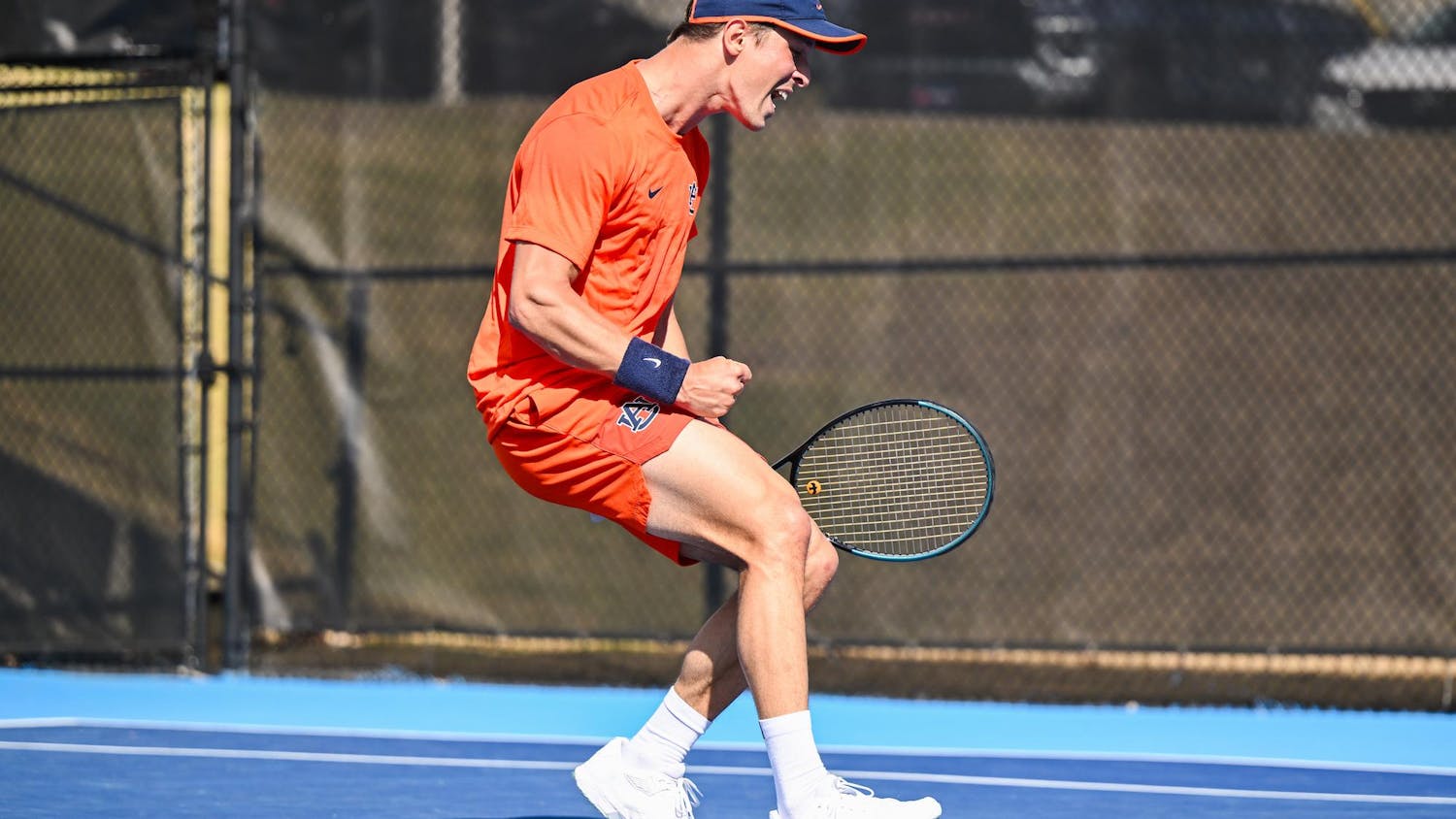Fall semester soon will come to a close, which means final exams are approaching quickly. These final tests bring upon a week of anxiety for some because of the weight these exams have on the students’ grades.
The coordinator of Study Partners, an on campus tutoring organization, Tamara Bowden discussed some of the most successful ways to prepare for finals.
Bowden has found that some study techniques generally are successful among most students.
One she particularly finds interesting in its common success is breaking study material up into smaller sections.
“We all get overwhelmed at times, and we know that when we get overwhelmed one of the fixes to that is to step back and say, OK, instead of studying the five chapters that are going to be on this test, I need to specify one chapter at a time,” she said.
She also recommended breaking small bits into even smaller bits to avoid procrastination and the chances of being overwhelmed with too much too quickly.
Starting to study early is another tip that Bowden stressed.
“When you are talking about finals preparation, the key is starting early,” she said. “You want to do a little bit every day all throughout the semester.”
It is also recommended that a student goes back on previous tests and notes to discover the key areas that need the most attention and review, especially if the final is cumulative.
Bowden believes students who are struggling with a certain topic or have questions should not only seek help from a tutor or supplemental instructor, but also the professor.
“I hear faculty say all the time they are sitting there twiddling their thumbs waiting for students to come (to office hours), so I think it is a really good step out of your comfort zone, and once you do it, you’ll want to do it again and again,” Bowden said.
Some lesser known study techniques are more abstract than structured.
For example, Bowden recommended not eating so much sugar around finals, even though it is the holiday season, because sugar-filled foods and drinks will make a student have less energy than if protein was being consumed.
On the other hand, one holiday treat does produce a psychological result when eaten during studying: peppermint.
“If you study and have a taste in your mouth, statistically they say if you are trying to retain something and you are in the test and you cannot think of something and you studied with peppermint (in your mouth), pull a peppermint out and eat it,” she said. “Somehow, that may connect and bring back that topic.”
This has been proven to work with other flavors, but peppermint is most common.
Another unusual technique would be associations by objects in the classroom.
“Wherever you are going to take your test, look around and make a map of the room and see things that are there all the time,” she said. “Then, think that fire extinguisher reminds me of some concept, and that exit sign reminds me of another concept.”
She said this helps when a student cannot remember a topic during an exam, this form of mind mapping triggers the memory of the concept associated with it.
Although it does not work for everyone, it can be an easy way to memorize difficult topics because of how powerful associations can be in the mind.
Studying for finals can be difficult alone, so possibly finding people to help along the way could save someone from a chaotic and stressful week.
A resource on Auburn’s campus for studying is Study Partners, which can be found in the Ralph Brown Draughon Library.
“Study partners is a one-on-one and drop-in tutoring program designed for core classes that are non-writing specific,” Bowden said.
She noted only undergrads can use this service for core classes taken to meet the requirements for their major.
However, students can look to see if any upper level classes are available.
“If I hire someone to be a calculus one tutor, and if they happen to be an engineer and can do statistics or thermodynamics or something higher, it’s not a core class, but we will add it to the course list,” Bowden said. “Any given semester, the course list will be different, but the core classes that we do will always be represented.”
Aside from studying, Bowden believes taking care of oneself is crucial for a successful finals week.
Get plenty of rest, eat well, take breaks and do not have a set mindset that it cannot be done, she said.
Do you like this story? The Plainsman doesn't accept money from tuition or student fees, and we don't charge a subscription fee. But you can donate to support The Plainsman.





